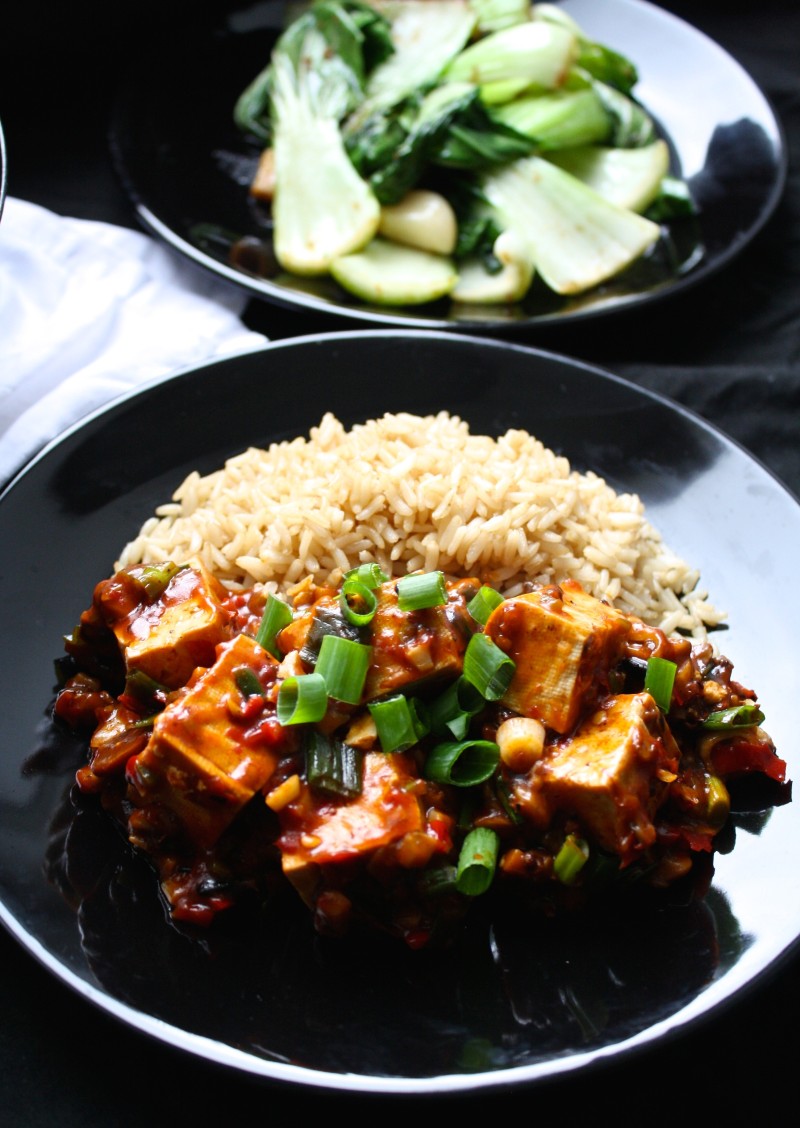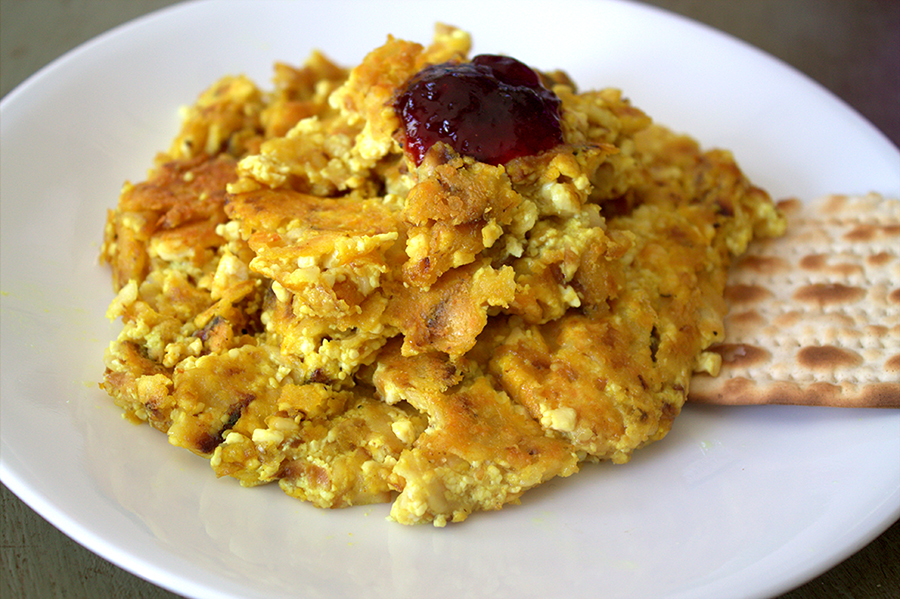 No produce is perhaps more divisive than the soy bean, also called soya or edamame. For a long time, compounds called isoflavones found in soy protein were touted as beneficial to heart health. There have even been studies that show soy helps prevent prostate cancer in men and breast cancer in women. But some experts argue that those same isoflavones can actually increase risk of cancer and trigger autoimmune diseases such as hypothyroidism and allergies. What gives?
No produce is perhaps more divisive than the soy bean, also called soya or edamame. For a long time, compounds called isoflavones found in soy protein were touted as beneficial to heart health. There have even been studies that show soy helps prevent prostate cancer in men and breast cancer in women. But some experts argue that those same isoflavones can actually increase risk of cancer and trigger autoimmune diseases such as hypothyroidism and allergies. What gives?
Isoflavones are polyphenol compounds closely related to flavonoids in other plants. The reason these compounds raise concerns is that they mimic estrogen when ingested. Because of this, there is concern that heavy consumption of soy might increase the risk of breast cancer in women. But the picture is far more complicated than just increased risk or no risk: in 2011, a study found that increased consumption of soy isoflavones reduced the risk of breast cancer in Asian populations, but not in Western populations. Since soy has been a substantial part of Asian cuisine for millenia without causing health problems, if there are issues with soy consumption today, the cause might not be soy itself but how it is prepared and how much is consumed.
For us vegans, it’s almost inevitable that we eat some soy for protein. Until we find out the conclusive verdict for the benefits/risks of soy, there are ways we can still enjoy soy without worrying about side effects:
1. Limit daily soy consumption- Try to consume maximum 25-30 grams a day in soy protein. That’s about half a block of extra firm tofu a day, and about half of total daily protein you should get if you are an adult woman. The rest of protein can come from other legumes like lentils, chick peas, and black beans, nuts, and seeds. The more varied your diet is, the more likely it is to be balanced and beneficial.
2. Go for unprocessed- I love the taste of meat alternatives made with soy protein, but I always try to prioritize eating more natural, unprocessed forms like tofu, tempeh, and edamame.
3. Always buy organic- Look for non-GMO label on your soy products. It’s not proven that GMO soy poses health risks, but I think there’s always benefits to eating organic, not the least of which is encouraging corporations to invest in environmentally responsible farming.




